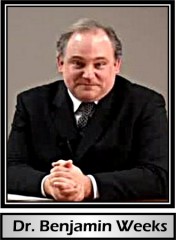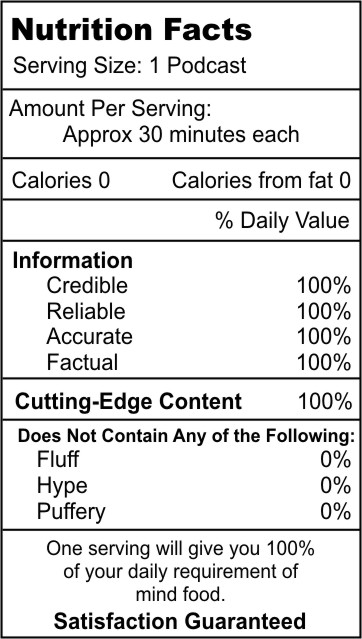Podcast: Play in new window | Download (Duration: 24:37 — 45.5MB)
PureWay C works better, lasts longer and is also fat soluble.

I have been a big fan of PureWay-C™ for over 10 years and it is the only vitamin C supplement that I take and that I recommend to others as being better than all the rest. How does one know if PureWay-C™ is really better? You have to look at research and evaluate what that research reveals.
Recently published scientific research has shown that PureWay-C™ outperforms other leading forms of Vitamin C in terms of metabolic functions. PureWay-C™ offers better immune protection, more potent antioxidant and higher free radical scavenging capabilities.
WHAT MAKES PureWay-C™ SO EFFECTIVE?
- Powerful antioxidant known to reduce inflammation, protect cells from cancer causing damage, and defend against cardiovascular disease
- Helps prevent iron deficiencies by boosting iron absorption Essential for the growth, development, and repair of all body tissues
- Protects memory and cognitive thinking throughout the aging process
- Effectively strengthens the immune system against viruses
- Innovative formulation increases absorption speed
- Uniquely enhanced bioavailability composition offers optimum levels of essential vitamin C
- 233% Higher retention by the human body than any other ascorbate brands
In this podcast, I interview Dr. Benjamin Weeks. Dr. Weeks is a professor of biology at Adelphi University and has conducted varied and significant research into the benefits of Vitamin C. As an independent researcher he has examined PureWay-C™ and has compared its use and benefits to the body.
Dr. Week’s research is a good example of the differences in nutrients. All Vitamin C are not equal and Dr. Weeks describes his research and conclusion that PureWay-C™ is a better Vitamin C. His works is based on significant nutritional research and has been corroborated by other researchers as well.
Dr. Benjamin Weeks

Dr. Weeks earned his doctorate in nutrition and reproduction from the University of Connecticut. In 1988, Dr. Weeks joined the National Institutes of Health investigating neuroimmunology. In 1995, at the University of Pennsylvania, he discovered a role for endogenous morphine in viral infection. In 1997, Dr. Weeks joined Adelphi University where his research continues.










{ 0 comments… add one now }